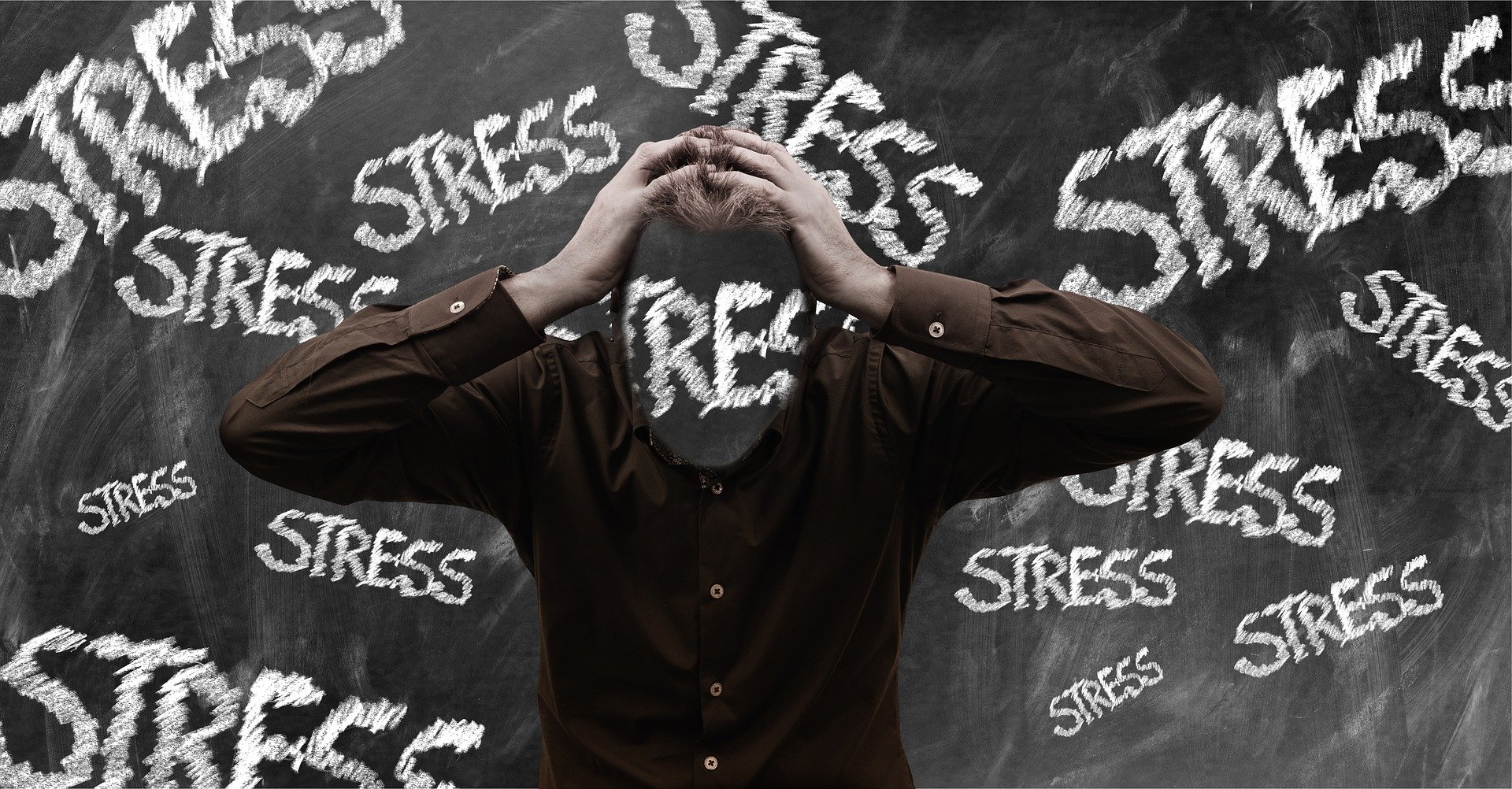You might think that Attention Deficit Hyperactivity Disorder (ADHD) can be an advantage for the typical tech PR person. After all, in the right stimulative environment, ADHD can contribute to drive, enthusiasm, and even passion for one’s job or career. Yet, like many things, it can be complicated.
Through the transition into remote work I have become more aware of how my own ADHD impacts my day-to-day life (thank you, TikTok!). And, in the always-on world of PR, it’s easy for someone like me to become overstimulated and overwhelmed. So, as a leader and manager spearheading ad tech PR at one of the top ad tech PR agencies, there are a few things I keep in mind to stay on track. They might also be helpful to others who happen to be like me.
Listen to your body’s signals
Tech PR is fascinating, but it comes with tight deadlines and daily stresses. Like any other professional services business, we answer to clients as well as our own individual managers. Yet we’re also working in a news-driven environment, which sometimes adds even more pressure to the work day. I’ve come to accept that I can no longer push past the signs that I need a break. These signals – feelings of anxiety, fatigue, and aggravation – inhibit my productivity. If I ignore them, I could risk the reputation I’ve worked to uphold. Whether it’s a walk around the block, a social media break, or a few peaceful minutes petting my dog, I can recharge my dopamine level to adjust my mood and resume producing high-quality results for my clients.
When stuck, try delegating
This is good advice for anyone, but it particularly applies to someone who tends to procrastinate. It’s easy (and sometimes comfortable) to intentionally create stress by letting tasks pile up to incentivize productivity. This might give me the pressure I need in the short term, but it will likely lead to missed deadlines and burnout. And, as a manager, I’m responsible for not only the success of my accounts, but that of my team members. Strategic delegation and communication has helped me build trust and generate growth opportunities for success.
Change up processes
Agency PR tends to move fast, especially if you’re juggling several projects for different clients. I make LOTS of lists. They range from tasks I need to complete, to things I plan to discuss in a meeting, to conversations to have with colleagues. To ensure I stay engaged and up-to-date on all relevant matters, I tend to change up my organizational processes. From handwritten notes on graph paper to digitized lists on my computer, alternating my methods lets me feel refreshed and ready to tackle my tasks.
Say what you’re thinking – it likely needs to be heard
In PR, we’re expected to counsel our clients about comms matters both large and small. We’re not paid to tell them just what they want to hear. Sociologist Judy Singer notes that while those with ADHD are sometimes impulsive, “even their impulsivity can be an advantage…because they’ll say things other people are afraid to say.” As a day-to-day strategic point of contact for my clients, I have the responsibility to clearly communicate expectations and provide real-time support. Sharing my thoughts, and delivering them in an appropriate manner, drives trust and accountability.
Treat your bad days kindly
The PR agency business is a naturally collaborative one, and in tech, it’s fairly diverse and non-judgmental. Still, the environment can be punishing if you’re hard on yourself. Due to the stigma surrounding ADHD and similar disorders, I’ve often felt the need to downplay my struggles, especially in a corporate setting. However, as a manager, I’ve learned that embracing bad days and leaning on others for support is actually a sign of strength. As I continue to grow both personally and professionally, it’s important to acknowledge my bad days, make space to process them, and seek alternative ways to manage.


